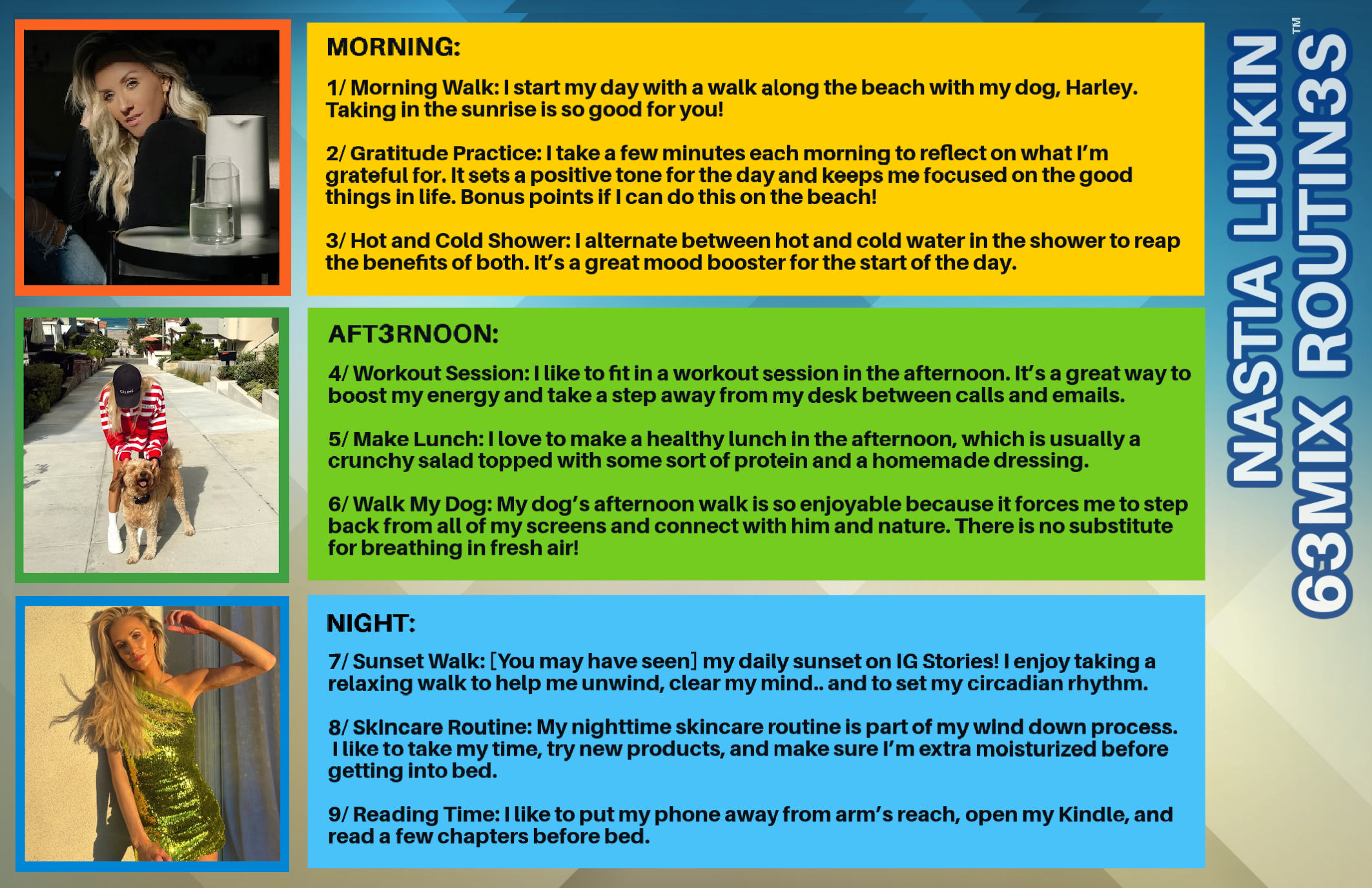It is hard not to suffer from illness anxiety disorder also referred to as health anxiety when each click of the mouse leads you to a news story about an illness or an alarming new study. With continuous medical research and findings, this can perpetuate health anxiety. Never before have laypeople had so much health information at their fingertips 24/7. What happens when this becomes an obsession and one is routinely convinced he/she is suffering from the “disease du jour?” We turned to Board Certified NYC Internist and Gastroenterologist Dr. Niket Sonpal and New York-based Neuropsychologist, Dr. Sanam Hafeez, for a better understanding of the signs and treatment for health anxiety.
According to Dr. Sonpal, the following are signs that you may be too worried about your health and wellness:
Frequent Doctor Visits
Dr. Sonpal recalls the same patient coming in regularly asking him to “check this lump on my neck,” “is the color of my tongue normal?” “Listen to my heart, I think it beats too fast… Those with health anxiety are consumed by the uncertainty of medicine and fearful that the disease is, in fact, inside them. If you find yourself “visiting” doctors regularly and you are found to be healthy, you may have health anxiety that requires the attention of a therapist not a physician.
Incessantly Online
From a medical standpoint, Google can be a great tool if used correctly. “For those with health anxiety, Google is like crack-cocaine,” says Dr. Sonpal. There is always a disease or a symptom listed online that they can correlate to themselves. Health anxiety sufferers tend to be more obsessive and convince themselves that if they feel something or see something on their body, it is always the worst-case scenario.
Avoidance
As a result of the overwhelming fear of getting an illness, individuals suffering from health anxiety may avoid certain places or activities that could potentially pose a health risk. A study conducted by Harvard Medical School states that an “avoidant group was found to have higher levels of symptom severity, functional impairment, and anxiety, as well as lower quality of life.” From these results, we can link avoidance to some of the characteristics of illness anxiety patients. If it’s flu season, the health anxiety patient may avoid airplanes, movie theatres or other enclosed crowded public areas where they feel germs are more likely to spread. This gives them a false sense of security from illness.
Repetitive Body Checks
Most individuals might not notice a bruise on their leg that occurred from a minor fall a few days earlier. Still, individuals with health anxiety analyze their entire body for signs of illness. The constant body checks often result in the mind being more likely to notice subtle changes that many people would not see. Another effect of health anxiety can be seen in obsessing over a specific organ in the body and repeatedly demanding that area be checked.
Total Avoidance of Doctors
Juxtaposed to the patient who visits doctors all the time, is the person who is so deathly afraid of finding out something is wrong, that they skip important medical visits like yearly physicals, mammograms, gynecology visits, dental visits etc. For this group of people, this is dangerous. By the time something is caught, it can be at an advanced stage.
Dr. Sanam Hafeez provides insight on how to manage and what steps to take to move forward:
Find a Physician Who Understands That You This Anxiety:
Find a physician who you can confide in, and confess, “I have health anxiety.” This will enable the physician to treat you more effectively from a physical and mental health standpoint.
Stop Googling
In the age of health blogs, DIYS, and self-diagnosis tutorials, the internet is filled with erroneous information that can add to medical anxiety. Staying offline provides individuals with the ability to prevent the constant checking and worrying that increases their anxiety.
Cognitive Behavioral Therapy
C.B.T. breaks down unrealistic or unhelpful thoughts and encourages patients to replace them with more rational ideas. They can then learn to cope more realistically with anxiety-provoking situations. The therapy has been shown to remain effective in reducing symptoms of health anxiety for at least a year, and if needed, its benefit can be reinforced by a brief refresher.
Meditation
For individuals who want to try to manage their health anxiety on their own, meditation is advised. Health anxiety tends to stem from the lack of control over your body, which can lead to obsession over our health. Meditation allows individuals to connect with themselves while being able to manage their stress. This relaxation technique helps ease overall anxiety and additionally provides better coping mechanisms for improving your overall functioning.
Read the latest issue of Athleisure Mag.











